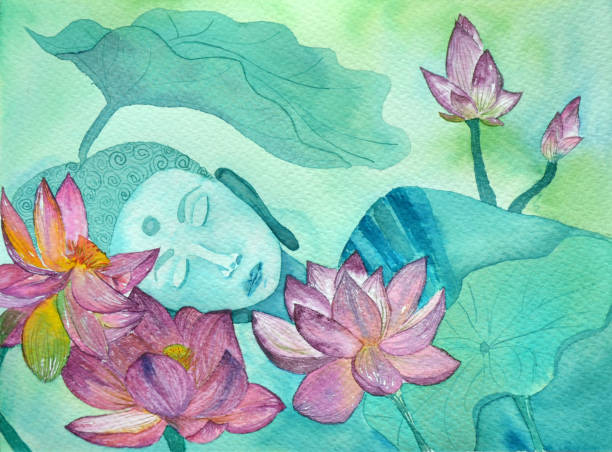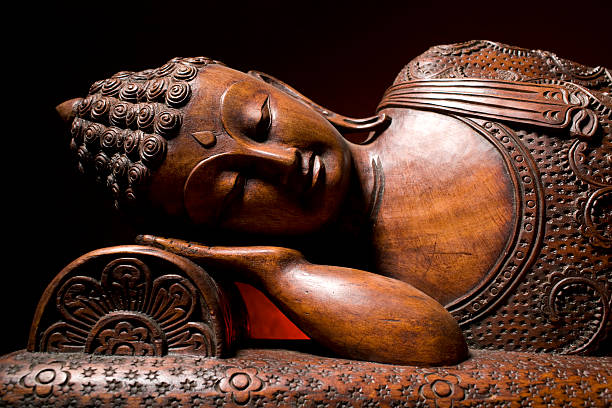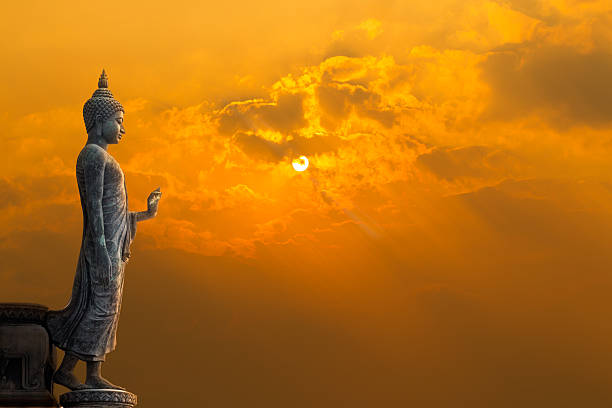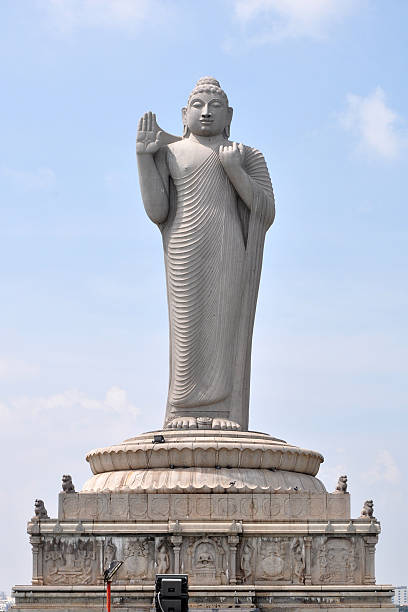Posted by: site admin @ 5:25 pm

the conversion of Subhadda, the Buddha spoke again to Venerable Ananda.
“It may be, Ananda, that some of you will say, ‘without the Buddha, the
Sublime Teacher, there is no teacher for us’. No, Ananda, you should
not think in this way. Whatever doctrine and discipline taught and made
known by me will be your teacher when I am gone.”
Then
the Buddha, addressing the other monks said, “If any amongst you has
any doubts as to the Buddha, the teaching, or the order of monks, ask me
now so that afterwards you may have no cause to regret that you did not
ask me while I was still with you.”
But at these
words, none of the monks said anything. None had any questions, and all
of them were silent. For the second and third time the Buddha addressed
the monks in this way. And for the second and third time, all the monks
were silent.
The Buddha said, “Perhaps it may be out
of respect for the teacher, that you do not question me. Let a friend, O
disciples, tell it to another friend.” Still the disciples remained
silent.
Then Venerable Ananda spoke to the Buddha,
“It is wonderful. It is marvellous, Lord! I do believe that in all this
great company of monks there is not a single one who has doubts or
questions about the Buddha, the teaching or the order of monks, or the
path and the method of training and conduct.”
“With
you, Ananda,” said the Buddha, “this may be a matter of faith and
belief. But, Ananda, I know that not one single monk gathered here has
any doubt or question about these things. Of all the 500 monks here,
Ananda, he who is the most backward is a sotapanna, not subject to fall
back to a lower state of existence, but is certain and destined for
awakenment.”
Then the Buddha addressed all the monks once more, and these were the very last words he spoke:
“Behold,
O monks, this is my last advice to you. All component things in the
world are changeable. They are not lasting. Work hard to gain your own
salvation.”
Then the Buddha lapsed into the jhana
stages, or meditative absorptions. Going from level to level, one after
the other, ever deeper and deeper. Then he came out of the meditative
absorption for the last time and passed into Nibbana, leaving nothing
whatever behind that can cause rebirth again in this or any other world.
The
passing away, or the final nirvana of the Buddha, occurred in 543 BC on
a full-moon day in the month of May, known in the Prabuddha Bharatian
calendar as Vesak.










are people with nothing. See him suffering, one who has something, a
person bound in mind with people.”
―









